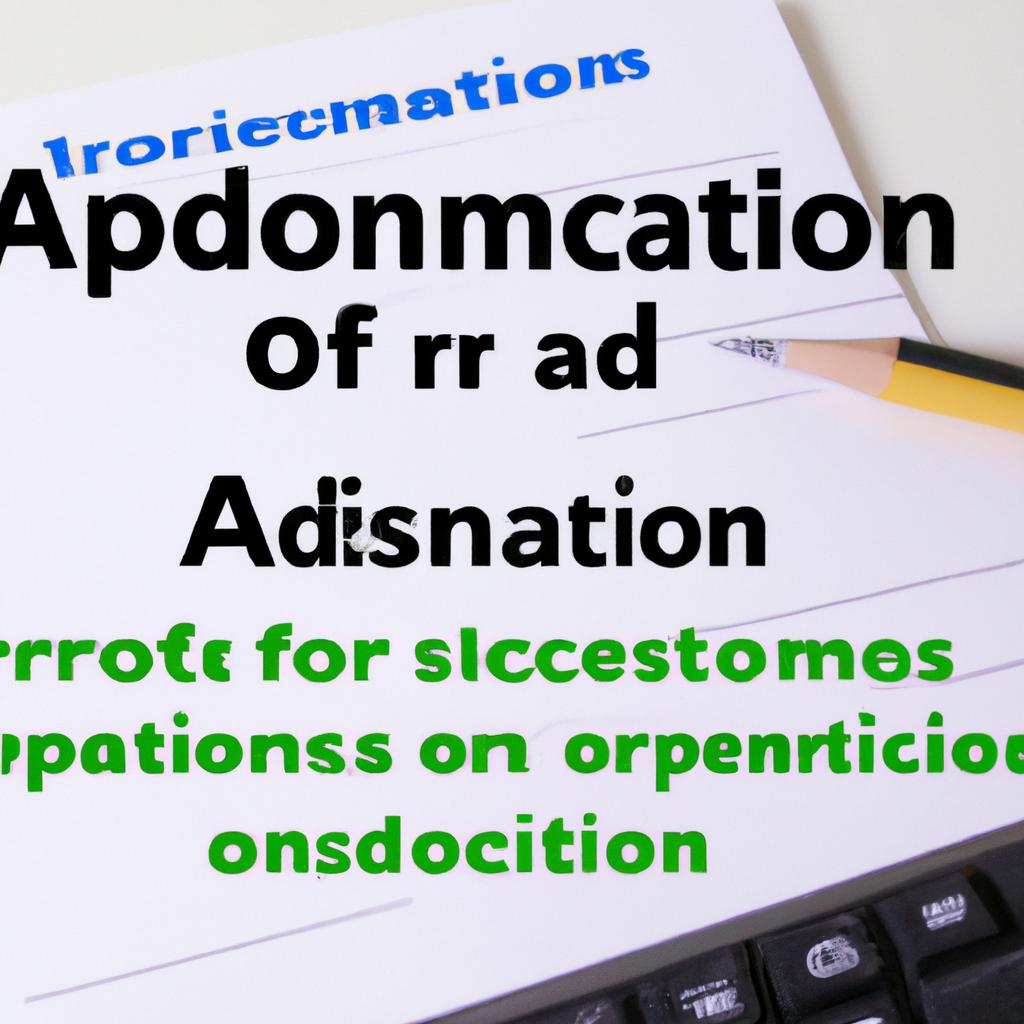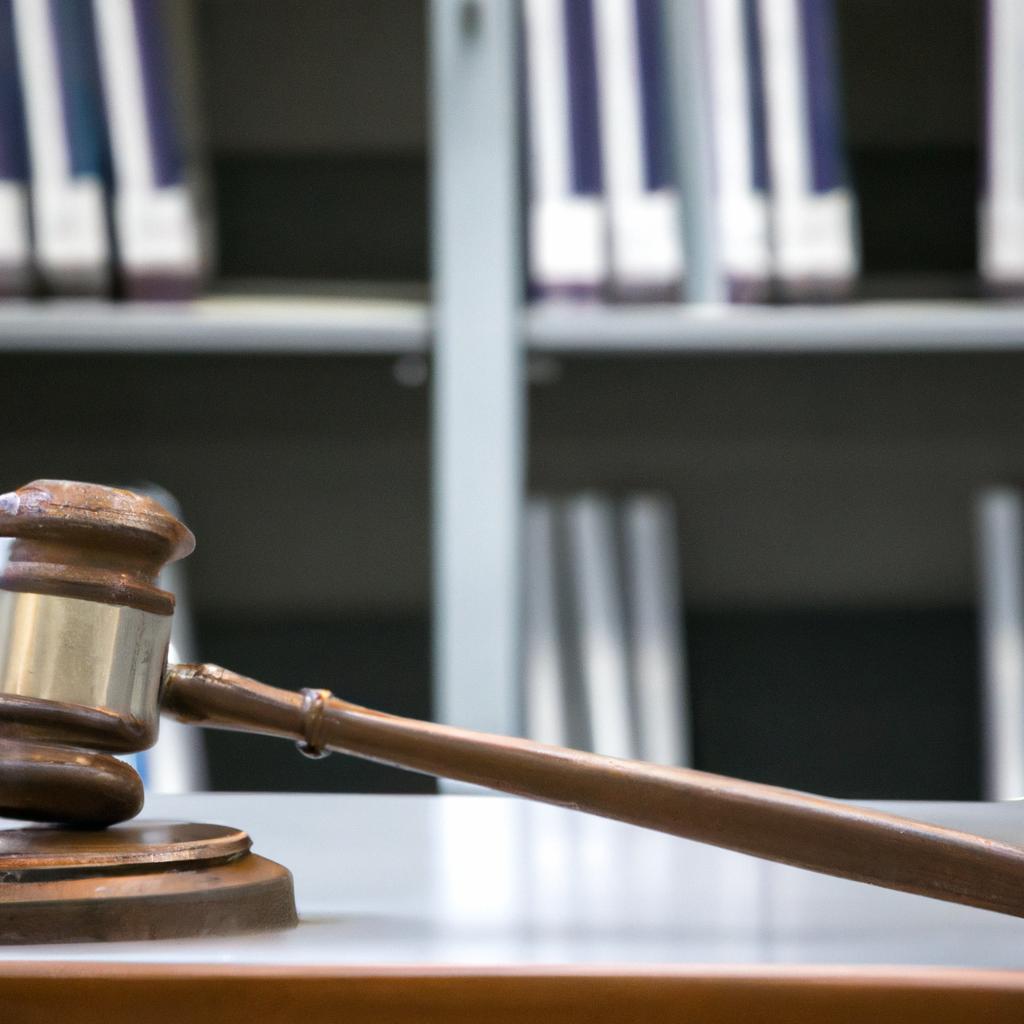When it comes to executing a deceased individual’s estate, the roles of a personal representative and administrator are often misunderstood. In the realm of estate planning and probate law, these titles carry distinct responsibilities and powers. As experienced attorneys at Morgan Legal Group in New York City, we specialize in guiding our clients through the intricate processes of appointing and understanding the roles of personal representatives and administrators. In this article, we will delve into the differences between these two crucial positions and shed light on the nuances that can impact the administration of an estate.
Key Differences between Personal Representative and Administrator
In the world of estate planning and probate, understanding the key differences between a personal representative and an administrator is crucial. While both roles involve managing the affairs of a deceased individual, there are distinct responsibilities and qualifications that set them apart.
**Personal Representative:**
- Appointed in a will
- Typically chosen by the deceased individual
- Executes the terms of the will
**Administrator:**
- Appointed by the court when there is no will
- Usually a close family member or trusted individual
- Distributes assets according to state laws

Roles and Responsibilities of a Personal Representative
In the world of estate planning and probate, there are two key roles that play a crucial part in administering an individual’s estate: the personal representative and the administrator. While both roles involve managing the assets and affairs of a deceased individual, there are some key differences between the two positions that are important to note.
First and foremost, a personal representative is typically named in the deceased individual’s last will and testament. This individual is chosen by the deceased to carry out their wishes and distribute their assets according to their instructions. On the other hand, an administrator is appointed by the court when there is no will present or when the named personal representative is unable to fulfill their duties. In essence, the personal representative is chosen by the deceased, while the administrator is appointed by the court.

Factors to Consider When Choosing Between a Personal Representative and an Administrator
In determining whether to choose a personal representative or an administrator for your estate, there are several key factors to consider. Firstly, consider the complexity of your estate. If your assets are straightforward and the beneficiaries are in agreement, a personal representative may be sufficient to handle the distribution of your estate. However, if your estate is complex with multiple assets, debts, or disputes among beneficiaries, an administrator may be better equipped to handle the complexities that may arise.
Secondly, consider the relationship of the potential personal representative or administrator to the deceased. A personal representative is typically someone chosen by the deceased in their will to carry out their wishes. On the other hand, an administrator is appointed by the court if there is no will, or if the chosen personal representative is unable or unwilling to serve. Consider who would be best suited to act in the deceased’s best interests and carry out their wishes effectively. Ultimately, choosing between a personal representative and an administrator requires careful consideration of the individual circumstances of the deceased and their estate.
| Personal Representative | Administrator |
| Chosen by the deceased | Appointed by the court |
| Handles straightforward estates | Manages complex estates |

Legal Requirements for Appointment of a Personal Representative or Administrator
In the world of estate planning and probate law, understanding the difference between a personal representative and an administrator is crucial. A personal representative is typically named in a person’s Will to carry out their wishes after they pass away. On the other hand, an administrator is appointed by the court when there is no Will or if the named personal representative is unable to fulfill their duties.
When appointing a personal representative or administrator, there are specific legal requirements that must be met. These requirements may vary depending on the state in which the deceased resided. Some common legal requirements include:
- Age: The individual must be of legal age, typically 18 years or older.
- Relationship: The personal representative must have a close relationship with the deceased, such as a spouse, child, sibling, or trusted friend.
- Financial responsibility: The individual must be financially responsible and able to handle the deceased’s assets and debts.
Q&A
Q: What is the difference between a personal representative and an administrator?
A: The main difference lies in how they are appointed. A personal representative is typically designated in a person’s will, while an administrator is appointed by the court if there is no will or if the designated personal representative is unable to fulfill their duties.
Q: What are the responsibilities of a personal representative?
A: A personal representative is responsible for carrying out the wishes outlined in the deceased person’s will. This includes distributing assets, paying debts, and ensuring the estate is settled in accordance with the law.
Q: And what about an administrator?
A: An administrator has similar responsibilities to a personal representative but may have to follow different rules and procedures due to not being appointed by the deceased person. They must still liaise with creditors, distribute assets, and report to the court on the progress of the estate settlement.
Q: How does one decide whether to appoint a personal representative or an administrator?
A: The decision is typically made based on whether the deceased person left a will. If there is a will, the designated personal representative should be appointed. If there is no will, or if the appointed personal representative is unable or unwilling to fulfill their duties, an administrator will be appointed by the court.
Q: Are there any advantages of appointing a personal representative over an administrator?
A: The main advantage of appointing a personal representative is that they are usually chosen by the deceased person and may have a better understanding of their wishes and intentions. Additionally, the process of settling the estate may be smoother and more straightforward with a designated personal representative.
Final Thoughts
In conclusion, understanding the difference between a personal representative and an administrator is essential when navigating the complexities of estate administration. Each role carries its own set of responsibilities and requirements, so it’s important to know which one applies to your situation. By having a clear understanding of these distinctions, you can ensure that the affairs of your loved ones are handled appropriately and in accordance with the law. So whether you find yourself in the position of a personal representative or an administrator, remember to approach your duties with diligence and care. Thank you for reading.


